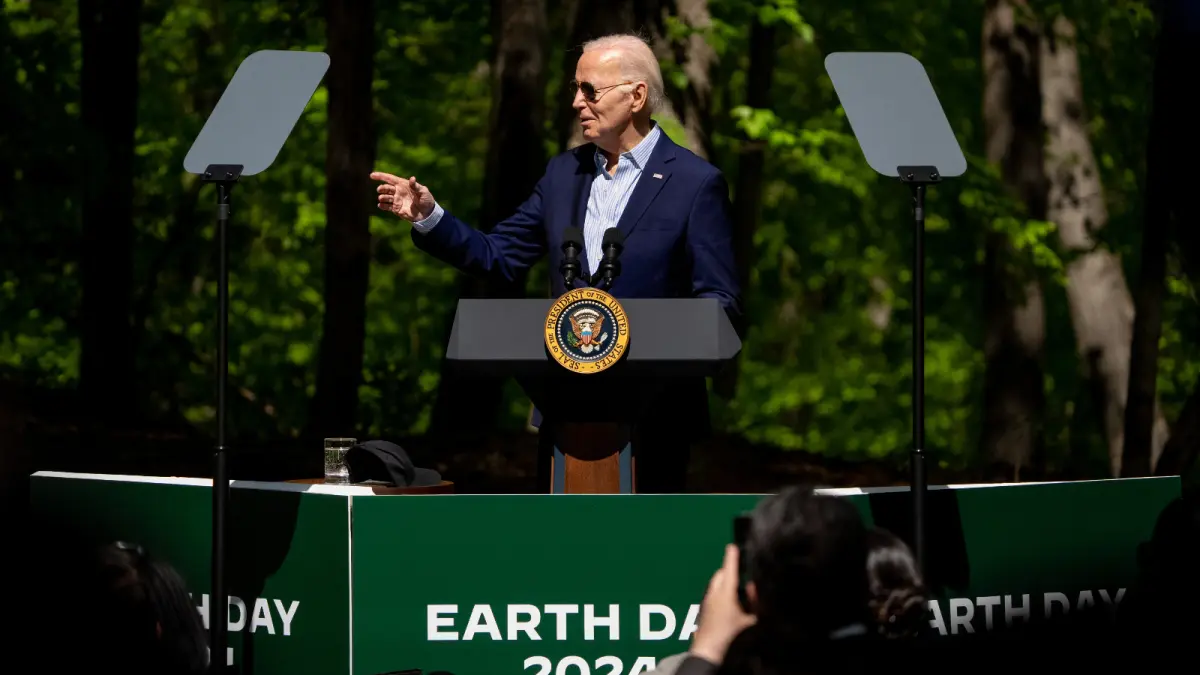Laura Hautala explores how climate change is reshaping the urban landscape, prompting cities like Tacoma, Washington, to seek drought-tolerant trees from regions like Northern Cal
Clean Energy Projects Are Booming Everywhere. Except in Poor Nations

Despite the global surge in investments in renewable energy, with more money being invested in solar power than oil, many of the world's poorest countries, particularly in Africa, are unable to participate due to a lending system that deems them too risky for investment. Only 2 percent of global renewable energy investment has gone to Africa, where nearly a billion people lack access to electricity. Archip Lobo, whose company raised $70 million to build solar-powered microgrids in Congo, highlights the challenges of attracting investments in risky regions. While such investments are crucial for curbing carbon emissions in the least-developed countries, they often come with high-interest rates and face difficulties in obtaining international loans. African leaders aim to persuade global investors and multinational development banks to provide better deals for African companies to promote clean energy projects.
Emily Jones reports on the appeal to the U.S. Supreme Court by Black voters challenging Georgia's elections for utility regulators, known as the Public Service Commission (PSC).
The Department of Energy's advisory committee presents a concerning assessment of the progress of the "clean" hydrogen industry, suggesting it's insufficient to meet U.S. climate
The latest State of the Air report by the American Lung Association reveals that over one-third of Americans, approximately 130 million people, regularly inhale unhealthy air
The Biden administration's announcement of $7 billion worth of project support through the Solar for All program, part of the Inflation Reduction Act
Maureen Penjueli, an Indigenous advocate from Fiji, voices skepticism about the concept of "clean energy" amidst concerns about deep-sea mining's impact on her people and the envi
Environmental racism remains a pressing issue in the United States, highlighted by a series of modern-day examples that underscore systemic inequalities.
A lawsuit filed by a coalition of advocates and inmates against the Texas Department of Criminal Justice (TDCJ) over extreme temperatures in state prisons
President Joe Biden has announced the opening of applications for the American Climate Corps, aiming to enlist 20,000 individuals in its inaugural year.
Reuters reports that the U.S. Federal Energy Regulatory Commission (FERC) will announce its plan on May 13 to expedite the development of long-distance transmission lines to accom
Over $300 million is being directed towards addressing the migrant crisis while longstanding issues of poverty in their communities have been overlooked for decades.
Newsweek reports that the National Weather Service (NWS) Climate Prediction Center forecasts a months-long drought in western Texas, exacerbating concerns about water scarcity.
The activism of Black-led environmental organizations, such as Outdoor Afro and Justice Outside, in combating environmental racism and advocating for marginalized communities
The U.S. Department of Housing and Urban Development (HUD) has granted Houston an extension to utilize or reimburse $5.7 billion earmarked for Hurricane Harvey housing recovery
Efforts by the Texas Land Office and Houston City Council to locate 900 households owed relocation assistance due to the buyout of four low-income housing complexes following Hurr
















